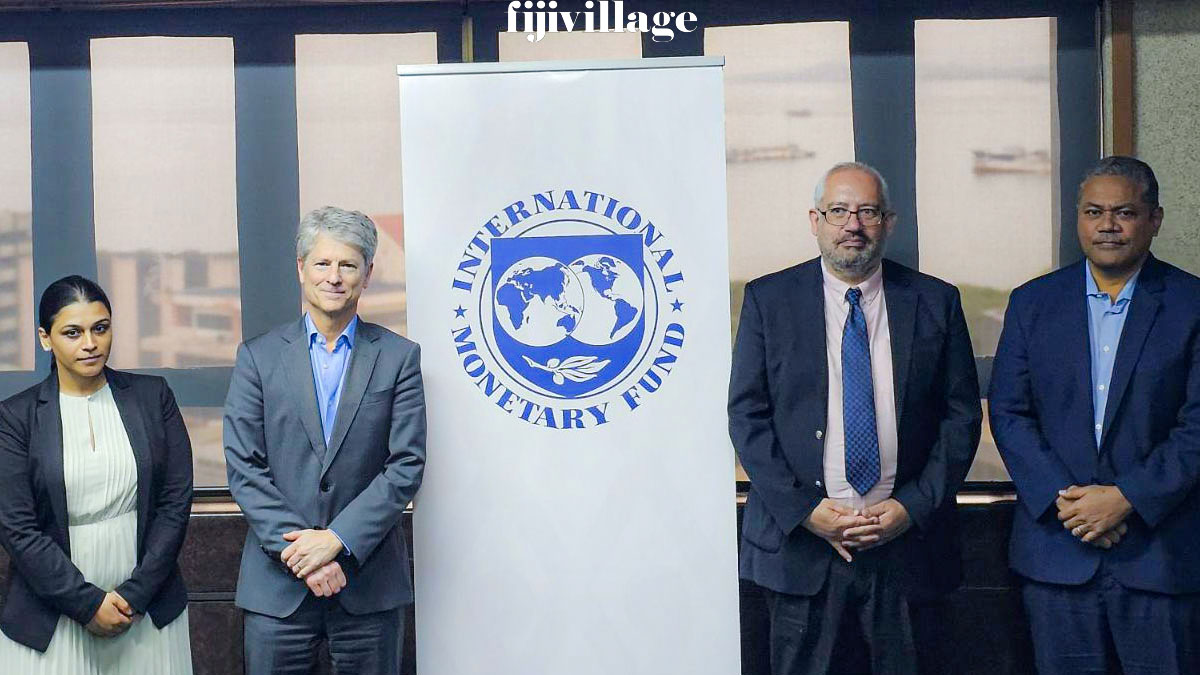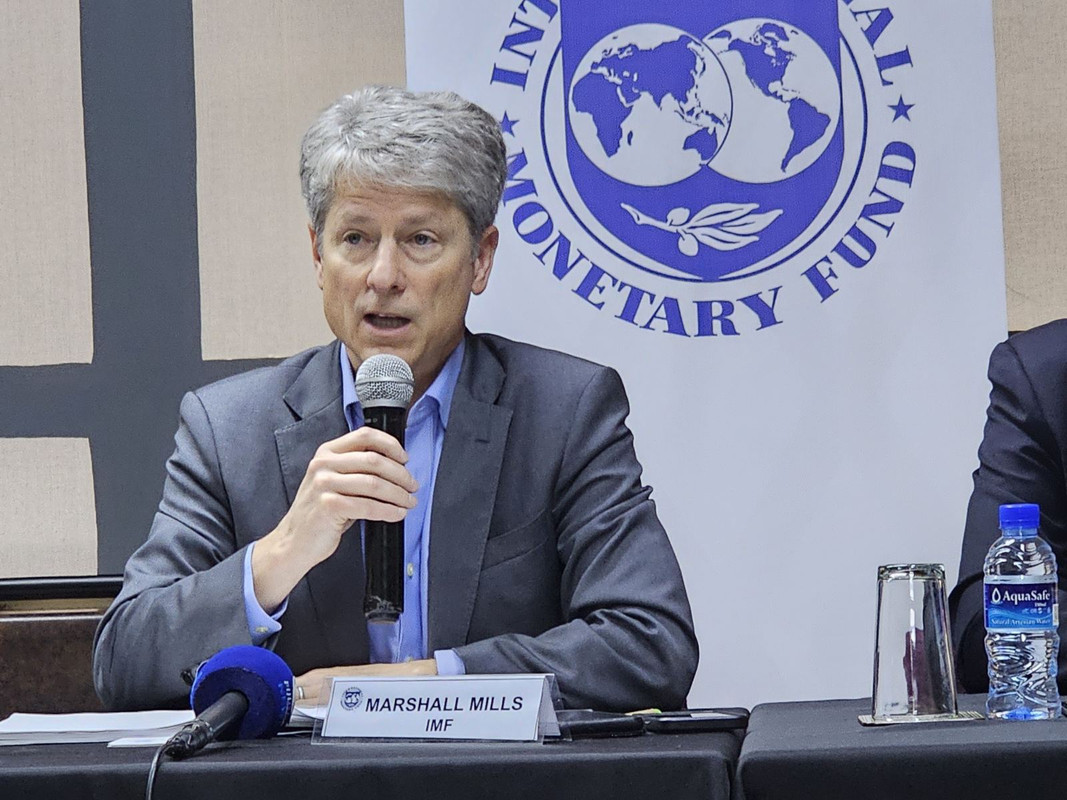
The Fiji economy is expected to grow by 3 percent this year.
This has been stated by International Monetary Fund rep Marshall Mills who says after a strong rebound from the pandemic, Fiji’s economic growth is returning to historical trends.
Mills says after expanding by 20 percent in 2022 and 8 percent in 2023, GDP has now surpassed 2019 levels, driven by a strong revival in tourist inflows, particularly from Australia and New Zealand.

He says the fiscal position and debt-to-GDP ratio have continued to improve significantly, thanks to the recovery and revenue measures in the Fiscal Year 2023-2024 budget.
Mills says the fiscal deficit is expected to decline to 4.4 percent of GDP in 2024 down from 5.9 percent in 2023, while public debt has fallen from a peak of 91.5 percent of GDP at the end of 2021 to 80.4 percent at the end of 2023.
He says inflation is also moderating after ticking up past 5 percent in 2023, owing in part to the temporary effect of the mid-year Value Added Tax increase.
Mills says inflation is expected to fall to around 3 percent by end of 2024.
He says despite the strong economic rebound and positive current trends, the economy faces a number of risks and challenges.
Mills says major downside risks to the economic outlook stem from unexpected global developments that would reduce tourist inflows and from tighter than expected domestic supply-side constraints, in particular, labour shortages, delays in investment plan and hotel capacity.
He says in this context, the Fijian authorities are appropriately aiming to deliver stronger inclusive goals while rebuilding policy buffers.
Mills says achieving these goals will require additional gradual fiscal consolidation, a measured normalization of monetary policy, and an ambitious reform program, which should tackle the key constraints to growth, further boost resilience, and address long term challenges, including climate change and emigration.
Stay tuned for the latest news on our radio stations

